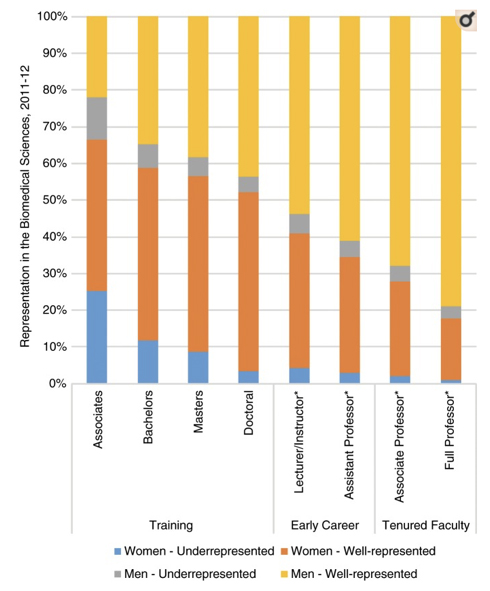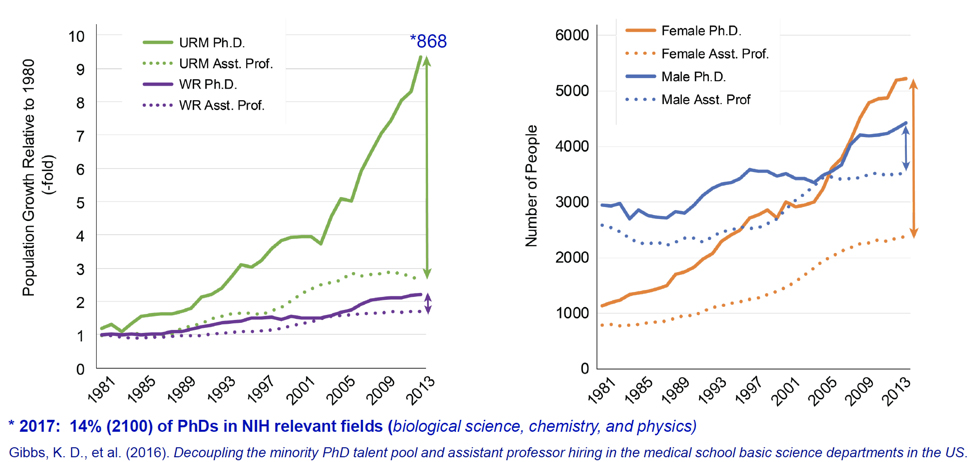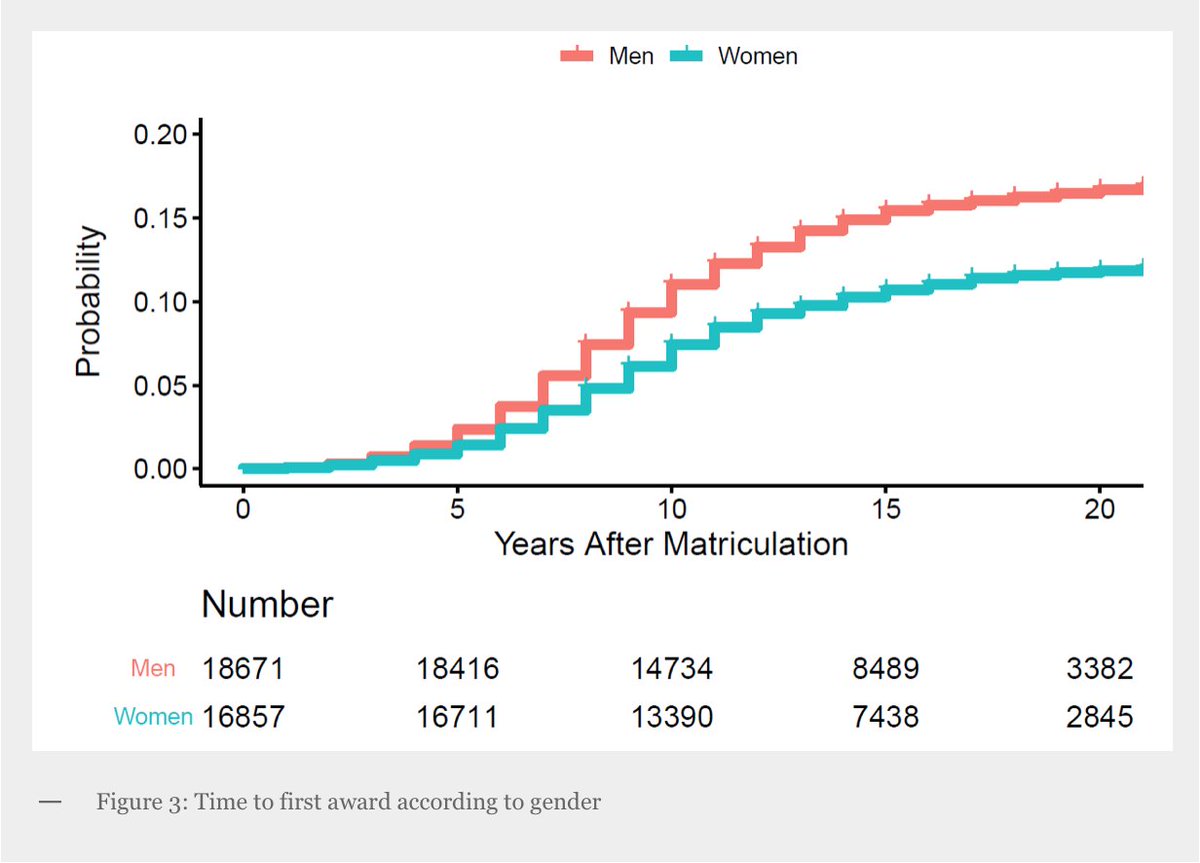
Who is this dude and what's his fucking point?
I CANNOT RN
yes PLEASE explain your rationale for using flood gates instead of whirlwind 🙄
the act of simultaneously saying nothing and yet still gaslighting is this dude's only fucking skill
"Boy, is this a diverse group." 😖😭
and now it's the angry guy's turn 🙄
"you would be..." DUN DUN DUN "CANCELED"
it's like watching another language. It would be HI-larious if it wasn't making me doubt my sanity in real time
A POEM: SAIL ON!
Did Murkowski vote yes?
Romney and Sasse: aye
that 44 GOP senators voted no when presented with that incompetence is...something
• • •
Missing some Tweet in this thread? You can try to
force a refresh





